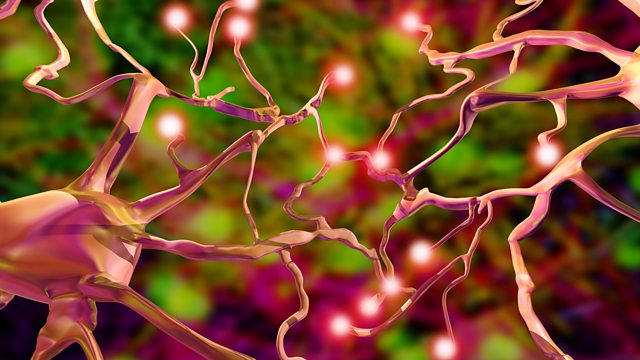Knowing Pain
Scientists reveal why we feel pain and the consequences of life without pain. Phantom limb pain, babies’ pain, people without pain, aid the understanding this subjective experience
Scientists reveal why we feel pain and the consequences of life without pain. One way to understand the experience of pain is to look at unusual situations which give clues to our everyday agony.
Phantom limb pain was described in ancient times but only after WWI did it gain acceptance in modern medicine. For those living with it, it can be a painful reminder of a lost limb. New studies are now unravelling why the brain generates this often unpleasant experience and how the messages can be used positively.
Its only since the 1980s that doctors agreed that babies are able to feel pain but we still don’t know how the developing brain processes information and how premature babies can be protected from the many invasive tests they have to go through. New research aims to provide appropriate pain relief that could have long term consequences.
Picture: Nerve cells, computer artwork, Credit: Science Photo Library
Last on
More episodes
Clip
-
![]()
Living with phantom limb pain
Duration: 01:46
Broadcasts
- Mon 29 Jan 2018 20:32GMTΒι¶ΉΤΌΕΔ World Service Online, Americas and the Caribbean, UK DAB/Freeview & Europe and the Middle East only
- Mon 29 Jan 2018 21:32GMTΒι¶ΉΤΌΕΔ World Service Australasia, South Asia & East Asia only
- Tue 30 Jan 2018 05:32GMTΒι¶ΉΤΌΕΔ World Service except Australasia, East and Southern Africa, News Internet & West and Central Africa
- Tue 30 Jan 2018 07:32GMTΒι¶ΉΤΌΕΔ World Service Australasia & East and Southern Africa only
- Tue 30 Jan 2018 15:32GMTΒι¶ΉΤΌΕΔ World Service Australasia
- Tue 30 Jan 2018 18:32GMTΒι¶ΉΤΌΕΔ World Service East and Southern Africa & West and Central Africa only
- Wed 31 Jan 2018 03:32GMTΒι¶ΉΤΌΕΔ World Service West and Central Africa
- Sun 4 Feb 2018 02:32GMTΒι¶ΉΤΌΕΔ World Service except News Internet & West and Central Africa
- Mon 5 Feb 2018 01:32GMTΒι¶ΉΤΌΕΔ World Service West and Central Africa
Space
The eclipses, spacecraft and astronauts changing our view of the Universe
The Curious Cases of Rutherford and Fry
Podcast
-
![]()
Discovery
Explorations in the world of science.




